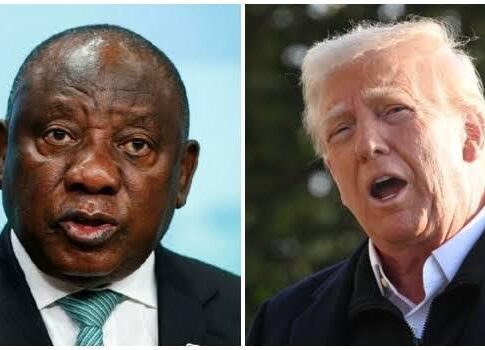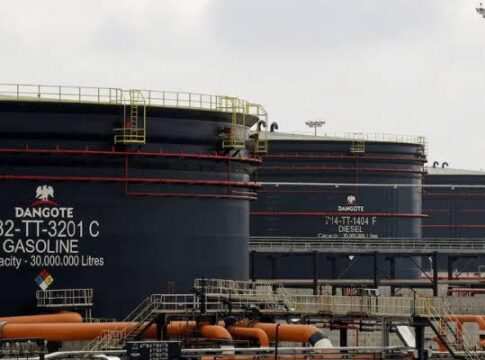Nearly 70,000 South Africans have registered their interest in relocating to the United States, following a controversial US resettlement program targeting the Afrikaner community. This development comes as diplomatic tensions between Pretoria and Washington reach new heights.
The South African Chamber of Commerce in the USA (Saccusa) confirmed that its website saw an overwhelming influx of registrations after former President Donald Trump’s executive order granted Afrikaners refugee status. Trump’s order stated that Afrikaners—descendants of Dutch settlers from the 17th century—are victims of “unjust racial discrimination.”
READ MORE: Zambia’s Kafue River Faces Ecological Crisis After Acid Spill
Saccusa President Neil Diamond reported that 67,042 South Africans have already signed up, most of them aged 25 to 45, with two to three dependents on average. The US Embassy in Pretoria acknowledged receipt of the registration list, calling it a “significant development.”
Tensions Mount Over Land Redistribution Policy
The resettlement offer comes amid growing diplomatic tensions between the US and South Africa. In January, South African President Cyril Ramaphosa signed a land expropriation bill, allowing the government to seize land without compensation in cases deemed to serve the public interest.
While the policy aims to address historic land inequality, Trump condemned it as “state-sanctioned racial discrimination” against white farmers. By March, the former US President expanded the refugee status offer to all South African farmers, citing rising crime rates and economic instability. A month later, he cut financial aid to the country.
Washington has since escalated its stance. Last week, US Secretary of State Marco Rubio ordered the expulsion of South Africa’s ambassador, accusing him of “race-baiting politics.”
A Divided Response in South Africa
The resettlement initiative has sparked divisive reactions. While right-wing groups in the US have welcomed the move, many South Africans view it as politically charged interference.
South Africa’s white population, which accounts for about 7.8% of the country’s total population, still controls the majority of private land and wealth. Despite this, some white citizens claim they face systematic discrimination under government policies.
Ramaphosa has dismissed Trump’s allegations, insisting that the land reform policy is about ensuring “fair and just access to land in accordance with the constitution.” However, with tens of thousands showing interest in leaving, the US offer has struck a chord with a segment of South Africa’s population seeking better economic and social security abroad.




